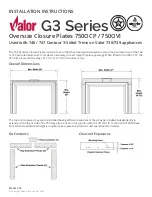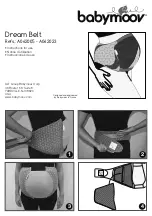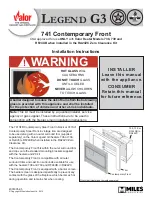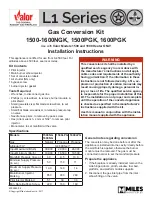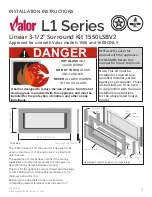
Assigning Fuses
When connecting in live circuits, the safety prescriptions must ab-
solutely be respected.
The detection or assignment of the fuse strongly depends on the
wiring realised within the distribution. To obtain a result as preci-
se as possible, the cover should be removed and the supply line to
the fuse should be traced.
Safety cut-outs of different manufacturers have different installa-
tion positions for magnetic coils. If no evident signal can be found
by the receiver in the position shown below it is advised to modify
the position by 90° towards the left or the right.
• Switch on the instrument via the on/off switch/ensitivity potentio-
meter (5).
• Set selection switch between Fuse and Cable to "Fuse” (4).
• Plug the transmitter into a current circuit socket to which the fuse
is to be assigned.
• Set sensitivity level to maximum sensitivity via the potentiometer
(5).
• Now approach the fuses with transmitter sensor (1) and try to re-
ceive a signal. A signal received is indicated by the symbol "H" on
the display as well as the blinking of the LED (2). At the same time
an acoustic signal is audible depending on the intensity of the si-
gnal.
• If a reception signal is received at several fuses, reduce the sensiti-
vity level via the potentiometer (5) until the minimum reception of
the signal is achieved. Repeat this procedure until only one fuse in-
dicates a reception signal. This fuse protects the socket to which
the transmitter has been connected. Please make sure that in rare
cases a fuse assignment may be considerably impeded due to the
internal wiring of the current distributors (see drawing below).
The tracing depth amounts to approx. 0...10 cm.
8

































